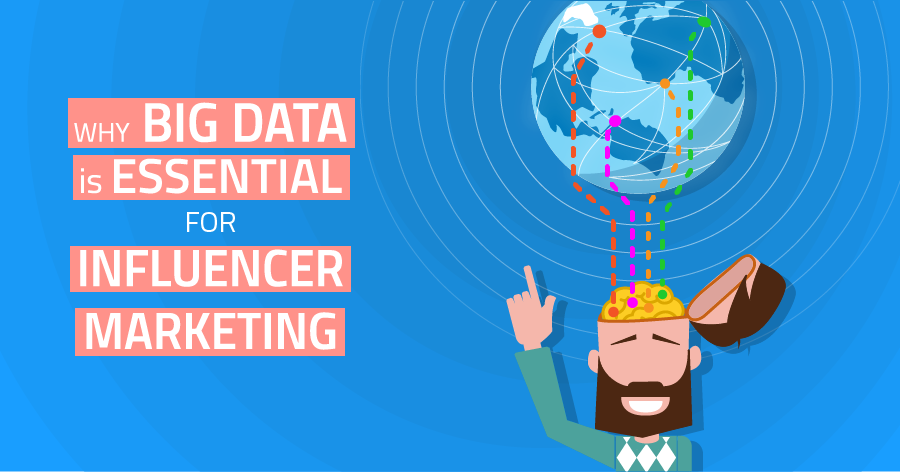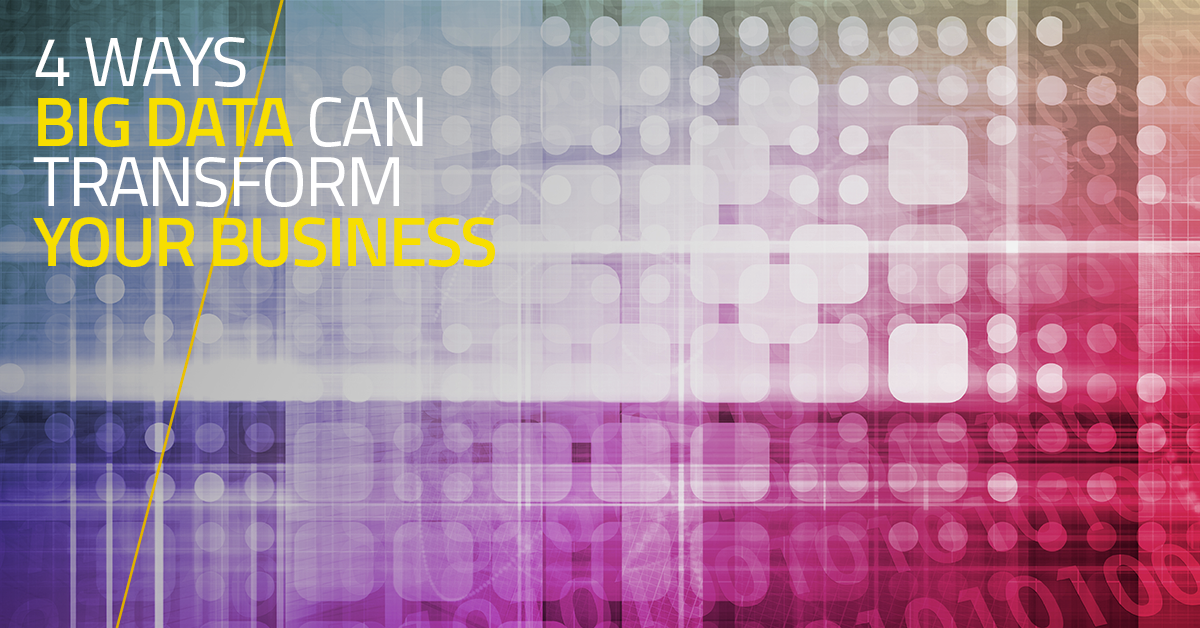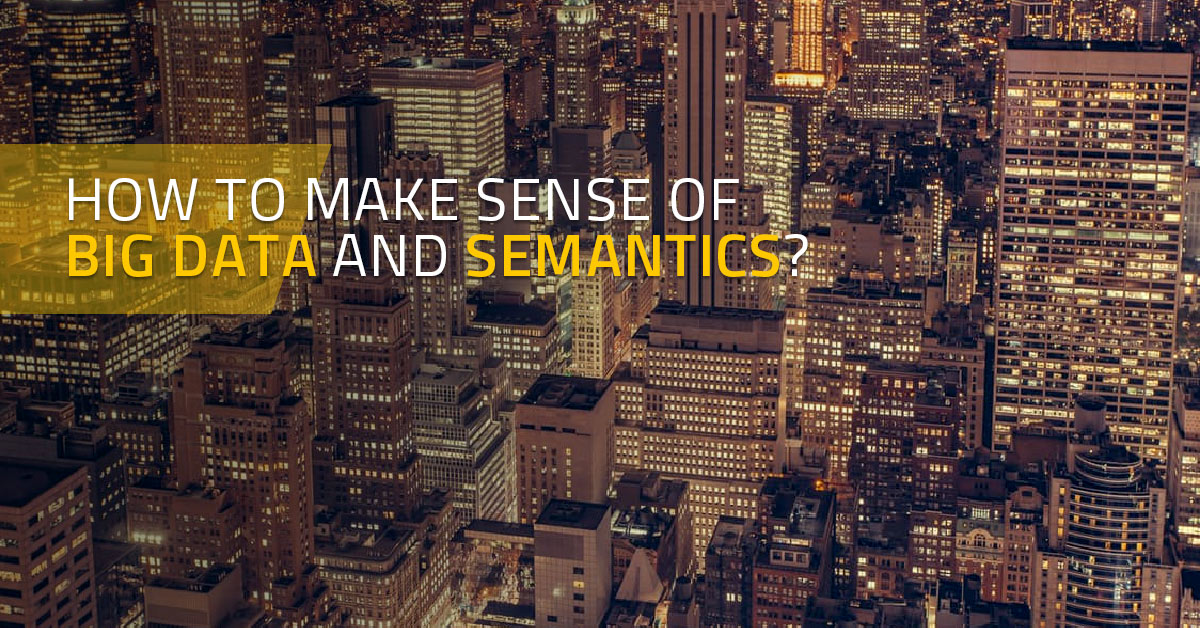Big data, the gold rush of the 21st century.
It’s now woven into every section of the global economy. Businesses are using it to discover useful patterns and trends that can bring significant improvements in their various strategies.
According to a survey of senior data decision makers by Forbes Insights pertaining to what their organizations were making out of big data (published on eMarketer), most respondents said that analytics and big data were an important priority. 38% of them placed it in the top five ways of gaining a competitive edge, and 21% said it was the most critical factor for their business to achieve an advantage.
Several respondents saw a significant impact on revenues. 8 out of 10 noticed revenue changes because of big data. 1 out of 4 reported a change of more than 3 percent. The largest respondent group witnessed a change between 1% and 3%.

It’s evident that the right use of big data can make a company operate more smoothly from top to bottom. Smart leverage of this strategy would benefit all departments, marketing included.
But why exactly is big data vital for influencer marketing campaigns?
Before I answer, understand that big data is categorized as follows:
- Data for Predictive Analytics: This is the data collected for analytical purposes. It has the power to predict what kind of content will resonate with a certain type of audience.
- Data Generation from Social Networks: Unstructured data is created by social networks. Taming this data and making sense out of it is key to making big data work in one’s favor.
To be successful with influencer marketing, companies need to use these two big data categories and correlate them to social media noise. Correlation would help them create business rules that would indicate whether to terminate or initiate a micro campaign. Also, they can conduct more granular measurement to narrow down the search to influencers that have some impact.
Making Big Data Work for Influencer Marketing
With so much information published on the internet (websites, social media networks, etc.), it can be challenging to find an impactful influencer. That is why companies struggle with advocacy based influencer marketing.
The research by Software Advice found that 46 percent companies consider big data as a hurdle when it’s used ineffectively. This is the reason why they find it difficult to identify the right brand advocates.

I mean, how are you supposed to find niche experts in the noisy web environment? And how do you get them on board quickly before your competitor signs them up for their campaign?
Automated solutions, that’s how.
Automation data systems use an assigned criteria to collect data from different sources. Then they discover recurring trends by quantifying content; they have ample information to reference. Therefore, when a company wants to see which channels and influencers matter the most to their goals, it would benefit from an influencer marketing platform that uses business intelligence.
Such solutions enable companies to see what individuals discuss certain topics, what influence trends they are a part of, and how much influence do they hold. However, these solutions deliver more than just identification via predictive analytics; they respond to targeted people instantly with relevant information to spark engagement from the target demographic.
In addition, predictive analytics highlight early indicators of consumer behavior and purchase interest. Keywords when posts are made by social media audiences are taken into account. It also sees the sites visited by audiences when they search for items. Moreover, you find out items they might be interested in, even if they don’t make specific researches; the solution will associate their interests intelligently.
All this helps businesses develop consistent strategies that affect their influencer marketing campaign’s bottom line in a positive manner. However, companies should still conduct short-term experiments to make more sense of an investment in a partnership with a particular influencer. The experiment will reveal whether a long-term contract should be signed with the influencer.
But of course, you should avoid putting research in a silo. While analyzing hashtags and conducting manual searches on social media is a great way to pull insights, these methods alone don’t get the job done.
For great results, you want these methods to work in tandem with predictive analytics. The latter will identify what your target audience likes and lead you to individuals who can analyze the target audience’s interest analogy to collaborate on a relevant campaign.
Big Data Is Not Your Enemy
As you read, you don’t have to be afraid of big data, you just need to know how to handle it for your influencer marketing campaign. Automated influencer marketing will utilize big data to give you nuanced insight into people’s preferences, attitudes and behaviors.
As a result, big data and the tools used to make the most of it are essential for influencer marketing. In the end, you get to act on the insights to provide the right communication to the right audience at the right time, via key influencers who’re the best fit to reach them.


